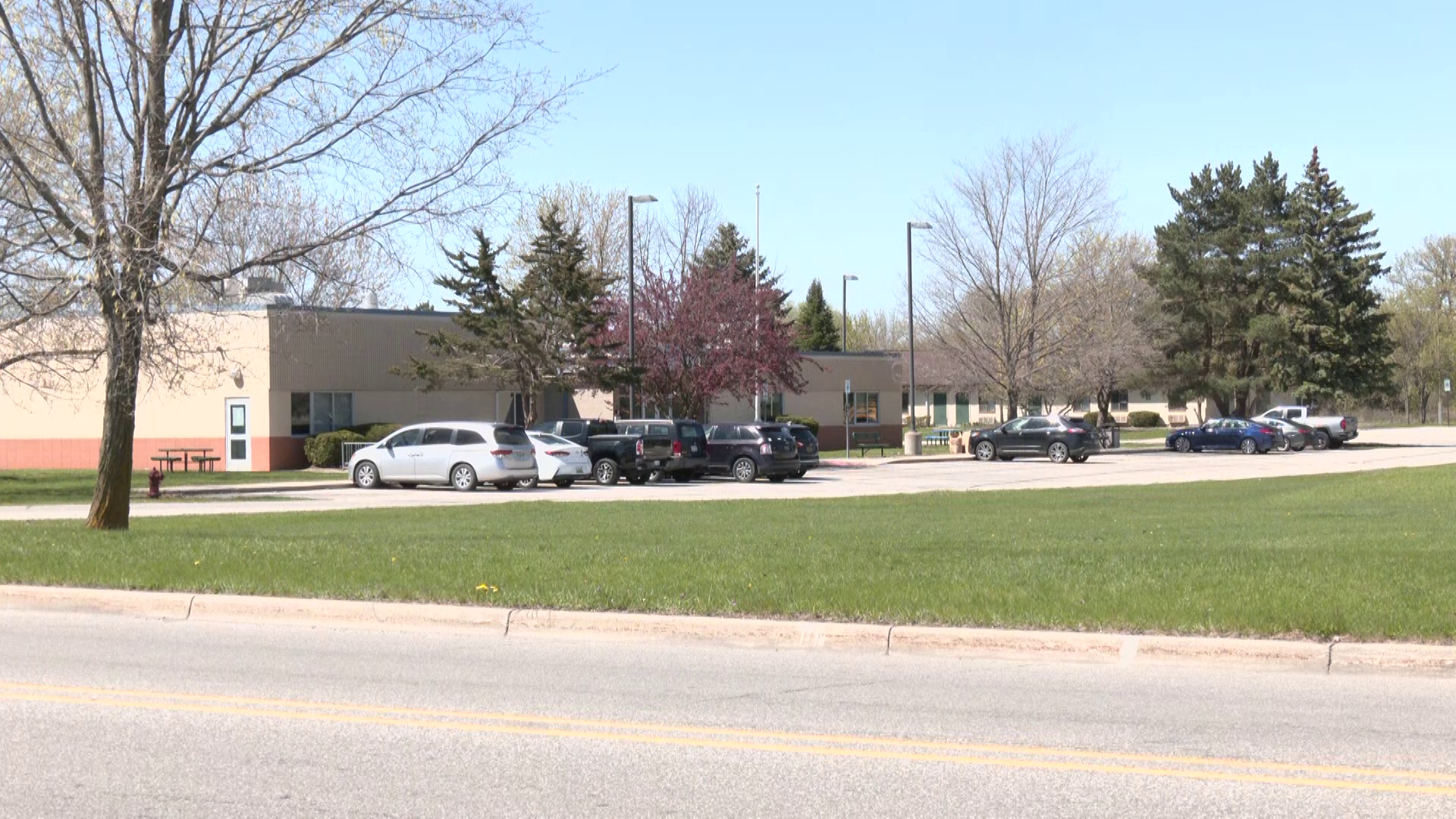
From gardening to landscaping, ‘s Allison Jackson isn’t afraid to get her hands—or your hands—dirty.
She’s been giving us advice this growing season, and has a little more to share about garden inspiration and what to do if your crop isn’t yielding stellar results.
Pinterest pinning
If you like the popular social media website Pinterest, she’s got some advice on how you can use that for inspiration for next year’s garden.
“When you’re looking at Pinterest and let’s say some of those plant materials aren’t zoned for your area, you could be looking at color combinations, foliage types, placement of plant material, how one plant will lend itself to another plant,” she says. “And even if some of those plants you’re looking at on Pinterest aren’t zoned for your area, chances are we’ve got something very similar. And so if you can find what you’re drawn to, then chances are you can find that for our zone.”
Many have a strong love for the garden they’ve worked so hard on all summer.
But if your harvest of radishes, lettuce, beans, tomatoes and peppers aren’t tasting their best, Jackson has a reason why.
Radishes are too hot
“Sometimes radishes grow very hot and some are hotter than others,” Jackson says. “Well why is that? It has to do with the length of time that they were grown. They either grew too slowly, which does happen, or they are just older, so they’ve been growing for a long time, and a lot of times that will affect the heat.
Lettuce is bitter
“If your lettuce turns out bitter, that also has to do with the hot weather,” Jackson says. “And a lot of times that lettuce will turn out bitter as the seed stalks produce, so go ahead and harvest the lettuce, wash it and place it in your refrigerator for a few days. A lot of times some of that bitterness will disappear.”
Not many beans are forming
“It traditionally has to do with the heat and the dry winds.” Jackson says. “Very warm winds will prevent the flowers from forming the beans, and so it will reduce the production. We see that happen on beans as well as things like tomatoes, and even peppers sometimes. So if it’s a very warm, dry, windy summer, a lot of times you’ll see the production of those crops reduced.”

© 2023 - 910 Media Group

